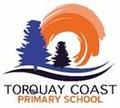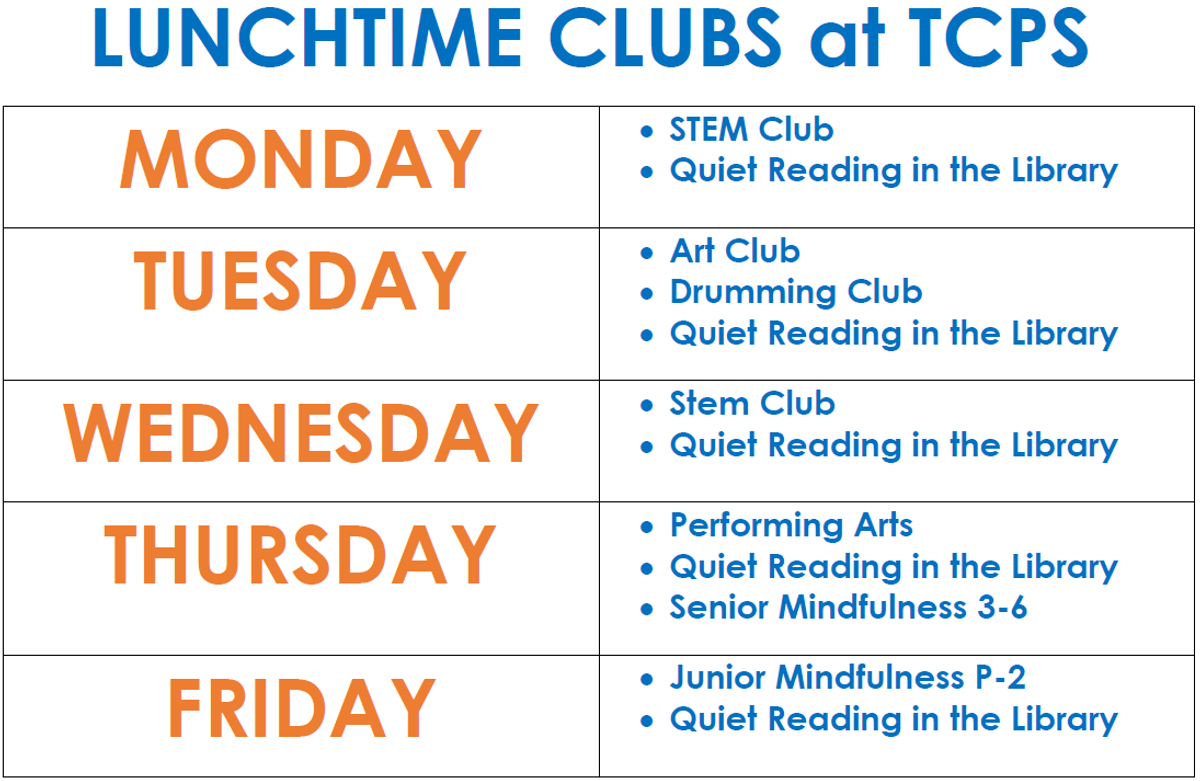General School News & Information

Mobile Phones/Smart Watches/Communication devices
Staff have noted that more and more of our students are wearing Smart Watches. There is absolutely no problem with this at all, however parents should be reminded that there are a number of conditions that must be adhered to, as per Department of Education and Training policy.
In accordance with the Department’s Mobile Phones Policy issued by the Minister for Education, personal mobile phones/Smart Watches/cellular, telecommunication devices MUST NOT BE USED at TCPS during school hours, including lunchtime and recess. Devices should be handed to teachers at the commencement of the school day, and then collected at days end.
Smart Watches need to be programmed such that they do not function as communication devices during school hours. These devices are not permitted or required on school camps and excursions. All, and any, communication should be directed through your child's homegroup teacher or the school office.
Extra Curricular Programs at TCPS
School are not always able to provide specialist programs for all areas of preference - based on the way our curriculum is designed.
However at TCPS we are committed to provide as many diverse learning experiences as possible to cater for varying interests and in support of student engagement. We do this at TCPS by offering daily lunchtime programs. Currently our students have the opportunity to participate in the following:
Music: Drumming
Visual Arts
STEM
Creative Arts - Dance
Mindfulness
Reading (Library)
TCPS Uniform
- School Uniform is available to be purchased at PSW in Geelong, located at 164 Malop Street Geelong.
- Students are able to wear any closed toe shoe (runners or school shoe)
- The only unique school items of uniform are the school polo and the school dress - our polo has been uniquely designed for TCPS
You can also order uniform online at:
http://www.psw.com.au/retail/schoolorderform.aspx?id=19294
Please add the following code for free shipping at checkout: FREESHIPPING19294_2020
Anaphylaxis
Anaphylaxis is a severe, rapidly progressive allergic reaction that is potentially life threatening, with the worst case scenario being death in 3-5 minutes. Anaphylaxis always requires an emergency response. The most common allergens in school aged children are peanuts, eggs, tree nuts (e.g. cashews), cow’s milk, fish and shellfish, wheat, soy, sesame, latex, certain insect stings and medication.
The key to prevention of anaphylaxis in schools is knowledge of the students who have been diagnosed at risk; awareness of triggers (allergens) and; prevention of exposure to these triggers.
TORQUAY COAST PRIMARY SCHOOL acknowledges that the management of a student diagnosed at risk of anaphylaxis is a joint responsibility of the school and staff, the student, the student’s parents/guardians and the student’s Medical Practitioner.
TORQUAY COAST PRIMARY SCHOOL is “allergy aware” and not a NUT FREE SCHOOL. A nut free environment is not recommended as it is impossible to guarantee, which potentially provides a false sense of security to students, parents/guardians and staff.
A NUT FREE SCHOOL environment does not protect students whose allergen may be egg, insect bite etc. A NUT FREE SCHOOL environment does not enable the school to prepare a student with life skills in teaching them how to manage their risk of anaphylaxis
This article is to alert you that we have a number of students in the school that have severe and life threatening allergies to a number of foods. To help keep the classroom safe it would be greatly appreciated if you could be mindful when sending foods that contain the above listed food to school with your child.
I thank you for your cooperation in helping to make our school a safe environment for all students.
Learning Tasks - Live Reporting
Learning Tasks form the LIVE REPORTING component of the TCPS reporting program.
This process involves teachers providing parents and students with feedback based on Learning Tasks that are completed in the classroom throughout the term.
Teachers assess students based on specific criteria for each carefully planned Learning Task and provide written comments several times each term. Parents can log onto COMPASS at any time to read these comments as soon as they are published. Parents are also encouraged to submit a feedback comment based on their children’s work on COMPASS in the ‘Conversation’ section of the learning Task.
It is important to remember that a Learning Task is an indication of how a student is progressing in that particular area of the curriculum at that time. It is an up to date ‘snapshot’ of learning. Students’ learning develops, grows and evolves as time progresses.
The work the students produce during the Learning Tasks will be assessed as either:
- Progressing towards achieving the learning outcome.
- Proficient at the learning outcome.
- At an advanced level that exceeds the learning outcome.
Please note: Learning outcomes (the Proficient level) are expected to be achieved by the end of a school year.
Your child’s level of learning on a Learning Task will be presented in a Proficiency Scale attached as a PDF.
Teachers also provide a personalised written paragraph on COMPASS about your child’s performance in the Learning Task.
During the school year, you will receive feedback on your child’s Learning Tasks in key areas of the curriculum:
- Reading and Viewing
- Writing
- Mathematics
VIRTUAL TOUR
follow this link to view the video:
Please note the following message from DET
- Schools are reminded that the Department does not provide personal accident insurance for students.
- Parents and guardians are responsible for paying the cost of medical treatment for injured students, including any transport costs.
- Student accident insurance policies are available from some commercial insurers. These cover a range of medical expenses not covered by Medicare or private health insurance.

